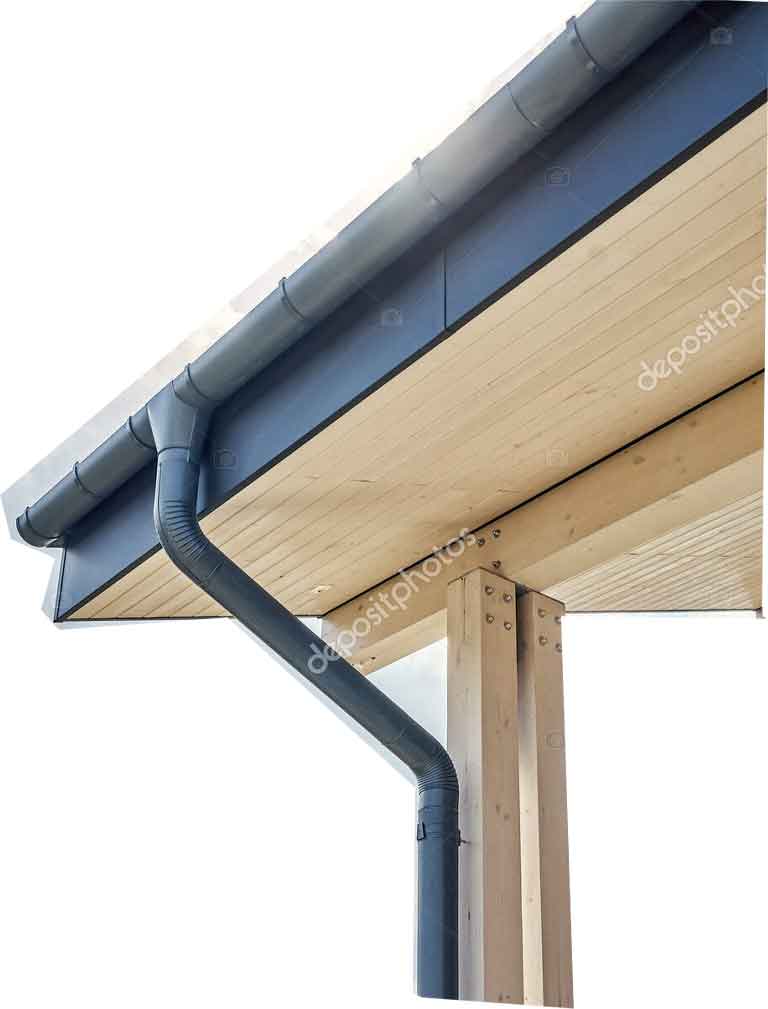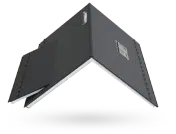Table of Contents
Ever find yourself staring up at your roof, pondering the mysteries of life, taxes, and home repairs? If you’ve ever wondered about the financial silver lining of installing new roofs, particularly when tax season rolls around, then buckle up! We’re diving into the exciting world of roof replacements, tax deductions, and credits, making sense of it all in plain English.
Tax Deductions for Homeowners
First off, let’s chat about tax deductions. They’re like little gifts from the tax world, reducing your taxable income and potentially lowering your tax bill. But when it comes to your home, not all expenses are created equal in the eyes of the IRS.
Understanding Home Improvement Deductions
For most personal home improvements, including new roofs, the cost isn’t immediately tax-deductible. But don’t despair! These improvements can add to your home’s basis, which might help reduce capital gains tax if you sell your home.

What Types of Roofs Qualify for Tax Credit
Now, let’s sprinkle a little sunshine into this discussion with tax credits. Unlike deductions, which reduce taxable income, tax credits directly lower your tax bill, dollar for dollar. So, is there a tax credit for roof replacement?
Energy-Efficient Roofing
The government sometimes offers tax credits for installing energy-efficient roofing materials. These credits are designed to encourage homeowners to make eco-friendly updates, including certain types of roofs that reflect more sunlight and reduce energy costs.
Qualifying Products
To snag this credit, your new roof must meet specific energy-efficiency standards set by the IRS. Typically, this includes materials like metal roofs with pigmented coatings or asphalt roofs with cooling granules.
Is Adding a New Roof Tax Deductible
Here’s the big question: can you deduct the cost of adding a new roof on your taxes? In general, the immediate answer for personal residences is no. However, there are exceptions and workarounds that might benefit you financially.
Capital Improvements vs. Repairs
The IRS distinguishes between capital improvements (which increase your home’s value) and repairs (which maintain your home’s condition). Adding a new roof is often considered a capital improvement, which means it can’t be deducted in the year it’s installed but can contribute to reducing your home’s capital gains tax later on.
When deciding between capital improvements and repairs, understanding the differences can influence your roof replacement decision and affect long-term financial planning.

The Tax Basics of a Roof Replacement
Understanding the tax implications of a roof replacement can save you headaches and possibly money. Here’s what you need to know:
- Installation Costs: The total cost of the roof replacement, including labor and materials, is considered in determining its impact on your home’s basis.
- Long-Term Benefits: While you might not see immediate tax deductions, the long-term benefits of reducing potential capital gains tax can be significant.
A Guide to Tax Deductible Roof Repairs
In some cases, roof repairs might be more immediately impactful on your taxes, especially if you’re using your home for business purposes.
Home Office or Rental Properties
If you use part of your home as a home office or own rental properties, the cost of roof repairs (and sometimes replacements) can be deducted as a business expense.
Keeping Records
No matter the tax situation, keeping detailed records of all home improvements and repairs, including your new roof, is crucial. These records should include contracts, receipts, and before-and-after pictures, ensuring you’re prepared for any tax advantages or future home sales.
Personalized Tips From My Company
- Consult a Professional: Taxes can be tricky, especially when mixing home improvements and potential credits or deductions. We always recommend talking to a tax professional to understand your specific situation fully.
- Energy Efficiency First: If you’re considering a new roof, looking into energy-efficient options could offer not only tax benefits but also long-term savings on energy bills.
- Documentation is Key: Keep thorough records of your roof replacement and any energy-efficient features. These documents are your best friend for tax purposes and future property valuation.
Conclusion
While the immediate tax benefits of a new roof might not be as straightforward as we’d all like, understanding the nuances of tax credits for energy efficiency and the long-term capital improvements angle can offer some financial upside. Remember, every home improvement, including roof replacements, is a step towards a safer, more efficient, and potentially more valuable home. And who knows? With the right approach and documentation, you might just find a tax benefit waiting for you down the road.
FAQs
- Can you deduct the cost of a new roof on taxes? Generally, no. A new roof is a home improvement, increasing value, not a deductible repair.
- When might a roof be tax-deductible? Rental properties allow depreciating the roof cost over time. In rare cases, a roof improvement for medical reasons might qualify for a medical expense deduction. Consult a tax professional for specifics.
- What home repairs are tax deductible? Usually, no. Repairs to maintain your home’s condition are not deductible.
- Tax benefits of roof replacement in Florida? There are no special state tax benefits for roof replacement in Florida. However, the 25% rule might help with insurance coverage (see separate insurance FAQs for details).













